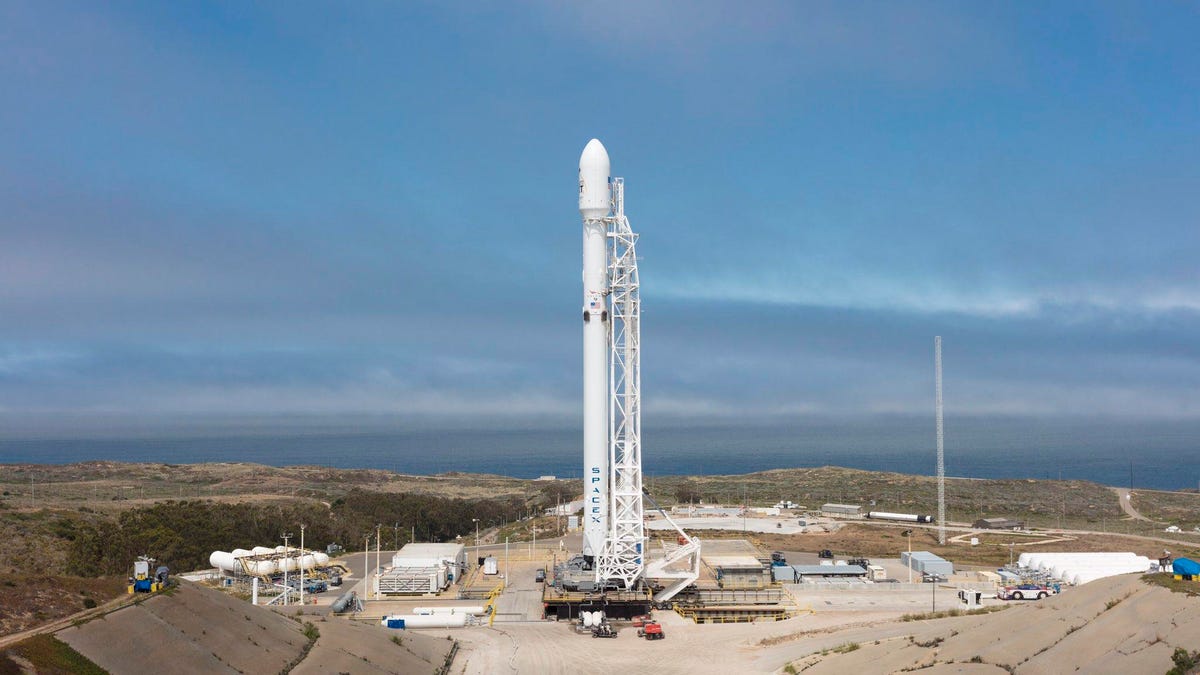SpaceX doubleheader is a home run
Elon Musk's private space company proves it can handle the pressure of rapid launches, which is key to its pitch of sending more people to space.

SpaceX's Falcon X takes off Sunday from Vandenberg Air Force Base in Southern California.
Elon Musk 's SpaceX has pulled off back-to-back Falcon 9 rocket launches and landings, a milestone that helps prove it's up to the task of a more rapid pace of space flights.
A Falcon 9 rocket launched at 1:25 p.m. PT Sunday from Vandenberg Air Force Base, California, delivering 10 satellites into orbit for the communications company Iridium Communications. The first stage of the rocket successfully landed minutes later.
That was just two days after a Falcon 9 rocket that launched from Cape Canaveral, Florida, carried a satellite for Bulgaria into orbit.
The private space company, whose ultimate goal is to get more people in space (and one day send a million of us to Mars), needed to show it could handle the pressure of frequent launches.
The launches weren't suppose to occur within 48 hours of one another. But the BulgariaSat launch got pushed back from last weekend due to technical concerns.
The Falcon 9 launched Sunday was sporting an upgraded titanium hypersonic grid fin, which Musk tweeted did a good job of withstanding the heat of re-entry.
"New titanium grid fins worked even better than expected," he tweeted. "Should be capable of an indefinite number of flights with no service."
Musk also posted this cool video showing a sped-up version of Sunday's launch:
Tech Enabled: CNET chronicles tech's role in providing new kinds of accessibility.
Batteries Not Included: The CNET team reminds us why tech is cool.

